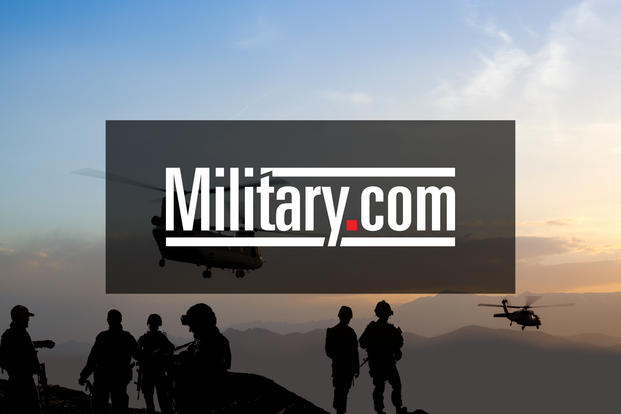President Obama called his commander in Afghanistan and the nation's top military leaders to the White House Tuesday to hear planning options on the way forward that could result in a complete pullout at the end of this year, or the commitment of a residual training force to remain indefinitely.
Obama called the meeting "to hear directly from his commanders" on the implications of the failure thus far to reach a new Bilateral Security Agreement with Afghan President Hamid Karzai on the U.S. proposal to leave behind a follow-on force of about 10,000 troops when all combat forces withdraw at the end of this year, said Army Col. Steve Warren, a Pentagon spokesman.
For more than a year, U.S. officials have been pressing Karzai to sign a BSA that would exempt remaining U.S. troops from Afghan law and allow for a follow-on force of about 10,000 in training and counter-terror roles.
Following the White House meeting, White House Press Secretary Jay Carney said "I don't have a deadline for you" on when a BSA might be signed.
White House officials have warned repeatedly that the "zero option" -- meaning total withdrawal and a funding cutoff -- was an alternative if Karzai continues to balk at signing a new BSA, and Carney renewed the warning.
"Absent a signed BSA there will be no, and can be no" U.S. troops in Afghanistan post-2014, Carney said. Without the BSA, Afghanistan will have to plan for a future "that does not include U.S. troops," Carney said.
Marine Gen. Joseph Dunford, commander of the International Security Assistance Force, attended the White House session along with Adm. William McRaven, head of the Special Operations Command, and Army Gen. Lloyd Austin, head of the Central Command.
Also attending were Defense Secretary Chuck Hagel, Army Gen. Martin Dempsey, the Joint Chiefs chairman, and Adm. James Winnefeld, vice chairman of the Joint Chiefs.
In the latest flareup with Karzai, Afghan officials on Tuesday confirmed that Karzai's representatives had been conducting secret peace talks with the Taliban without informing the U.S.
The contacts recently in Dubai showed that the "Taliban are willing more than ever to join the peace process," Karzai spokesman Aimal Faizi told Reuters. "Contacts have been made and we are also in touch with them," Faizi said.
"Talks took place in Dubai three weeks ago between government officials and Taliban who flew from Doha (Qatar), but we are still waiting to see the result," Faizi said.
While the military leaders were at the White House, the nation's top intelligence officials were on Capitol Hill to warn that the drawdown of U.S. troops and the uncertainty on the BSA were impacting on intelligence operations in Afghanistan.
"There are complications with the uncertainty" on the BSA for the intelligence networks the CIA has built up in Afghanistan since the Sept. 11, 2001, terror attacks, CIA Director John Brennan told a hearing of the House Intelligence Committee.
"There's great concern in the area on what the future holds," Brennan said.
At the same hearing, James Clapper, the director of National Intelligence, shared Brennan's concerns on the BSA and also suggested that even in the absence of U.S. troops, the Taliban might not permit the re-establishment of safe havens for al-Qaida that existed before 9/11.
Clapper said the Taliban was aware that allowing al-Qaida to regroup would bring a swift U.S. response and lead the Taliban to "think twice about allowing an al-Qaida resurgence back into Afghanistan."
In Afghanistan currently, "the Taliban continues the general trend in growing stronger in the countryside" while the Afghan National Security Forces hold sway in more urban areas, Clapper said.




























